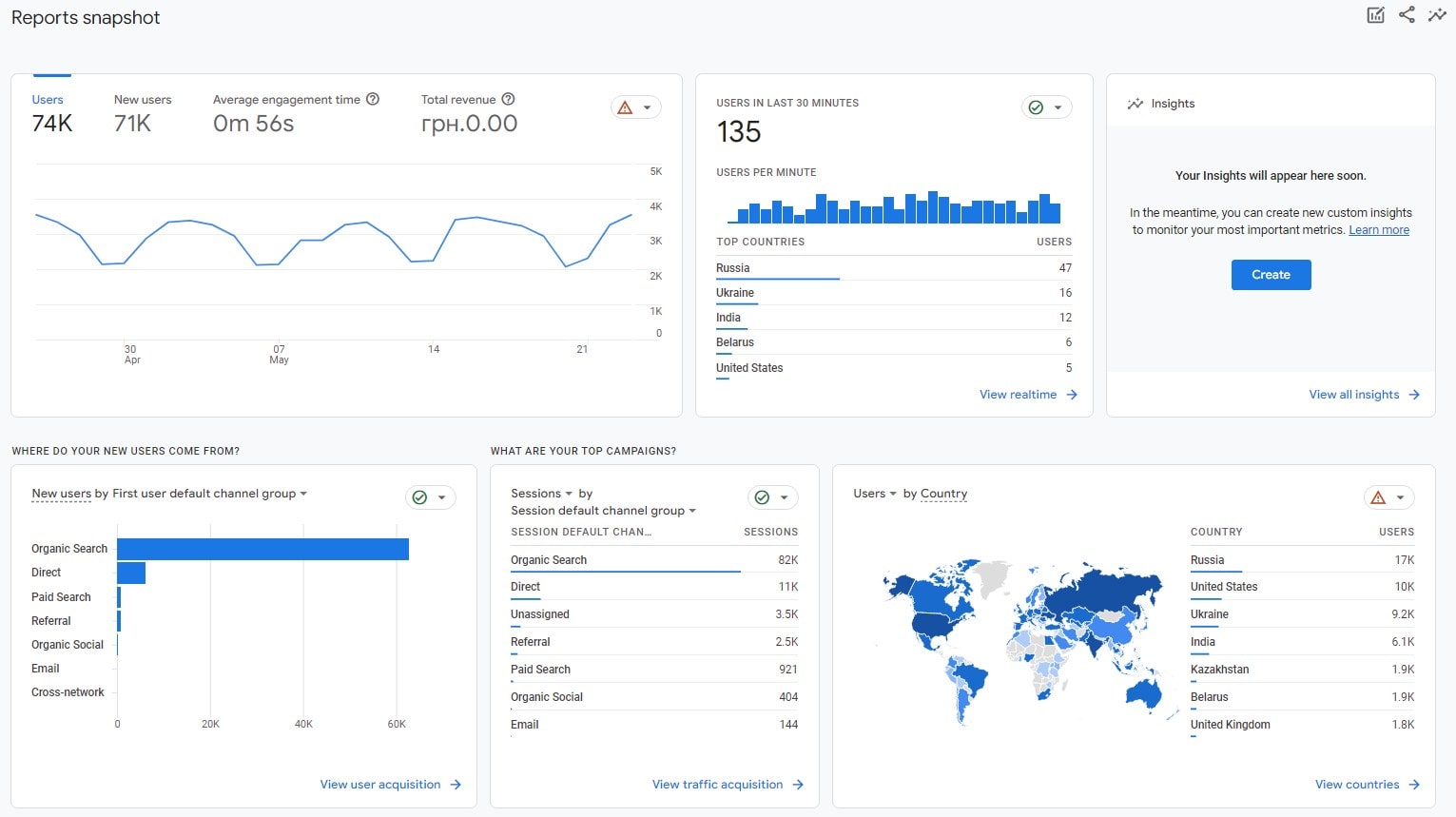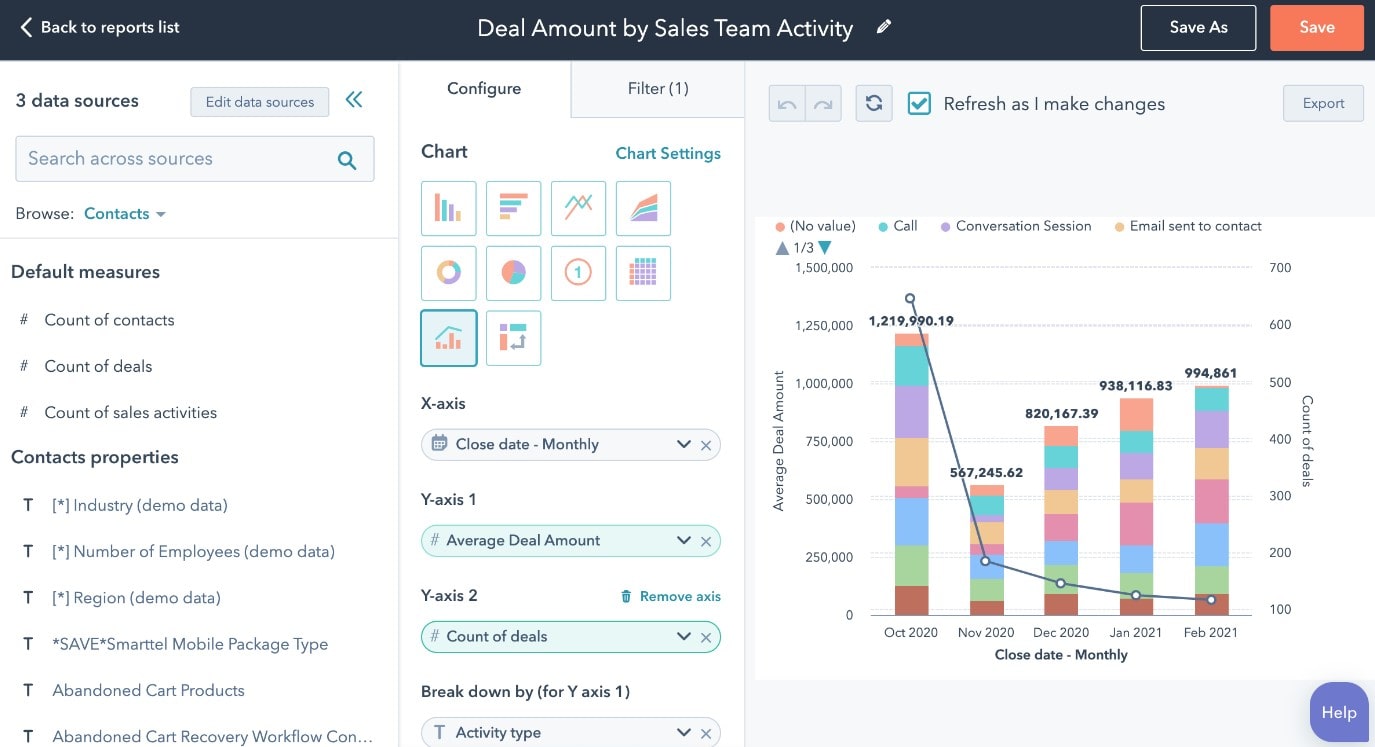Ever wondered why your favorite brand knows exactly what you crave? That’s the magic of market research analysts! They’re the unsung heroes who make sense of our shopping quirks. These professionals delve into the psyche of consumers, unraveling mysteries behind buying behaviors and market trends. Their insights drive the strategies businesses use to engage with us. It combines science and intuition, figuring out what makes customers tick. At Plerdy, we understand the value of such insights. Our tools are designed to empower these analysts, providing them with the data needed to decode consumer patterns. In a nutshell, market research analysts are the detectives of the business world, and we’re here to give them their magnifying glass!

Introduction to Market Research Analysis
Market research analysis is like being a detective in the business world, where every clue leads to understanding the customer’s mind. It’s the art and science of diving into market trends, consumer behaviors, and competitive landscapes to guide companies in making informed decisions. This essential role shapes the strategies for product development, marketing campaigns, and overall business growth.
Market research analysts are the architects of consumer understanding. They gather and analyze data, turning numbers and feedback into actionable insights. Their work answers critical questions: Who are the customers? What do they want? How do they behave? These insights are pivotal for businesses to tailor their offerings and strategies to meet market demands effectively.
Becoming a market research analyst involves education, skills development, and practical experience. A solid foundation in subjects like marketing, psychology, and statistics, coupled with skills in data analysis and communication, prepares one for this dynamic role. For a deeper dive into what makes a successful market research analyst, reputable sources like the Bureau of Labor Statistics offer valuable insights and statistics.
Market research analysis involves evaluating data to develop tales firms may use to connect with their audience. It’s a career path that offers the excitement of constant learning and the satisfaction of directly impacting business success. This might be your calling if you’re intrigued by decoding market mysteries and influencing business strategies.
Understanding the Role of a Market Research Analyst

Imagine being the mastermind who predicts the next big trend in consumer behavior. That’s the thrilling world of a market research analyst. At the heart of every successful business strategy, these analysts bridge consumer minds and business decisions.
Daily Responsibilities and Tasks
Market research analysts start their day diving into data oceans. They conduct surveys, analyze sales data, and explore market trends. Their mission? To uncover what consumers think and feel. They translate data into stories, explaining why certain products soar or sink in the market. Their insights guide product development and marketing strategies. They’re not just number crunchers; they are storytellers who narrate the market’s pulse.
Working Environment
Analysts collaborate with marketing, sales, and product development teams in dynamic offices. They may work for diverse industries – from tech giants to retail chains. Some work in the buzzing environment of marketing agencies, while others thrive in the more solitary confines of research firms. Despite the setting, their goal remains constant: to provide insights that drive business growth.
Importance in Business Strategy
Market research analysts are the compasses guiding business strategies. Their research shapes product launches, marketing campaigns, and even pricing strategies. They help businesses understand their audience, ensuring the products hit the right chord. These experts help corporations stay ahead in a fast-changing consumer market.
A market research analyst’s role is pivotal in aligning business offerings with consumer desires. They don’t just read charts and graphs; they read minds and markets. For anyone with a knack for data and a curiosity about consumer behavior, this career is not just a job; it’s an adventure in understanding the ever-evolving marketplace. As highlighted by sources like Forbes, the strategic insights provided by these professionals are invaluable to any business looking to thrive in today’s competitive landscape.
Educational Pathways

Embarking on a market research analyst career is akin to preparing for an expedition into the world of consumer minds. The journey begins with the right educational foundation, setting the stage for success in this dynamic field.
Undergraduate Degree Options
Bachelor’s degrees in marketing, psychology, business, statistics, and administration provide unique insights into consumer behavior and market dynamics. Marketing degrees focus on consumer behavior and marketing strategies, while psychology degrees study human behavior, which is essential for market research. The Bureau of Labor Statistics highlights the diversity of degrees beneficial for aspiring market research analysts.
Advanced Degrees and Specializations
Pursuing a master’s degree can enhance prospects, especially for those aiming for senior roles. Specializations in market research, data analytics, or business intelligence provide a deeper understanding of advanced research methods and analytical tools. Advanced degrees often offer opportunities for practical experience through projects and internships, which are invaluable in this field.
Certifications and Online Courses
Supplementing formal education, certifications, and online courses can be incredibly beneficial. Certifications from professional bodies like the Marketing Research Association demonstrate proficiency and commitment to the field. Online platforms like Coursera or edX offer courses in data analysis, consumer psychology, and market research techniques, allowing for flexible learning and skill enhancement.
The educational path for a market research analyst is diverse and adaptable to individual interests and career goals. Whether through a traditional university degree, advanced specialization, or online learning, each step is crucial in building a strong foundation in market research analysis. Bachelor’s degrees in marketing, business administration, psychology, and statistics reveal consumer behavior and industry trends.
Essential Skills and Competencies

Like a detective piecing together a case, a market research analyst needs a specific set of skills to decode the complexities of the market. It’s not just about having the right degree; it’s about honing the skills that transform data into actionable business strategies.
Technical Skills
In the digital age, proficiency in data analysis is paramount. Analysts must master statistical tools and software such as SPSS or SAS to dissect vast datasets. They must also be adept at using data visualization tools like Tableau to present their findings understandably. Understanding programming languages like R or Python is increasingly becoming essential, as they allow analysts to manipulate large data sets more efficiently. According to the Harvard Business Review, these technical skills are crucial for extracting meaningful insights from complex data.
Soft Skills
Beyond technical prowess, soft skills play a vital role. Exceptional communication skills, both written and verbal, are essential. Analysts must translate complex data into clear, actionable insights for decision-makers. Critical thinking is another key competency; it enables analysts to collect and scrutinize data and see trends and patterns where others might not. Furthermore, creativity is often overlooked but is vital for developing innovative ways to gather and interpret data, offering fresh perspectives to traditional marketing problems.
Decision Making and Problem-Solving
In a role that directly influences business strategies, making informed decisions and solving problems is crucial. Analysts often need help making recommendations based on incomplete data or within tight deadlines. The skill to weigh options, anticipate potential outcomes, and make sound decisions sets apart a competent analyst from a great one.
A market research analyst’s toolkit is a blend of technical savvy, soft skills, and sharp decision-making abilities. While technical skills help dissect data, soft skills and problem-solving capabilities enable them to tell the story behind the numbers. For anyone aspiring to excel in this field, developing these skills is as essential as any degree or certification. As underlined by industry leaders like McKinsey & Company, these skills enable analysts to deliver insights that can shape impactful business strategies.
Gaining Practical Experience
Market research analysis is about using knowledge, not just knowing it. Practical experience bridges academic theories and real-world business challenges, a crucial step for anyone aspiring to become a market research analyst.
Internships and Entry-Level Roles
Starting with internships or entry-level positions is a practical approach. These positions reveal market research analysts’ daily tasks. Interns might assist with data collection, conduct preliminary analyses, or contribute to market research reports. As noted by Forbes, this hands-on experience is invaluable for understanding the nuances of market trends and consumer behavior. It’s also an opportunity to start building a professional network, which is pivotal in any career.
Building a Professional Network
Networking is key in the market research field. Join industry associations like the American Marketing Association, attend conferences, or participate in relevant online forums. These platforms provide opportunities to meet professionals in the field and keep you updated on the latest trends and methodologies. Building relationships with experienced analysts can lead to mentorship opportunities and can be a gateway to future job prospects.
Market research analysts need both academic and practical experience. It’s where theories meet the test of the real world, where data becomes more than just numbers—it becomes the voice of the market. Aspiring analysts should embrace these opportunities as they build the foundation for a successful career. The Harvard Business Review says real-world experience makes a good analyst exceptional. By acquiring experience, you learn how to thrive at the job.
Career Advancement and Opportunities

In the ever-evolving market research realm, climbing the career ladder isn’t just a journey but an opportunity to shape the heart of business strategies. For aspiring market research analysts, the path to career advancement is rich with opportunities to grow, innovate, and lead.
Moving up the Career Ladder
Senior analyst, project manager, and research director roles are common for market research analysts with expertise. These positions entail greater responsibilities, including leading research projects, managing teams, and making strategic decisions. Expert analysts can become CMOs and influence corporate choices, according to the BLS.
Specialization and Niche Areas
Specializing in a particular industry or type of research can also propel an analyst’s career. For instance, specializing in consumer behavior, data analytics, or digital marketing research opens doors to roles in companies focusing on these areas. Niche specialization can lead to consulting opportunities, where analysts advise businesses or government agencies. The Harvard Business Review emphasizes that such specialization often leads to higher pay and more significant organizational influence.
Market research analysts have many employment options. From climbing the corporate ladder to carving out a niche in a specialized area, the possibilities are limitless. Each step forward enhances professional growth and contributes significantly to the business landscape. Market research analysts guide corporate decisions, making job advancement critical for personal growth and industry advancement, according to McKinsey & Company. This dynamic career offers endless opportunities to those willing to seize them, making it an exciting and rewarding choice for ambitious professionals.
The Role of Technology and Tools in Market Research Analysis

In the digital age, the success of a market research analyst hinges not only on their skills and knowledge but also on their ability to leverage technology effectively. The field of market research has been revolutionized by a plethora of tools and technologies, making data collection, analysis, and interpretation more sophisticated and insightful than ever before.
Advanced-Data Collection Tools
Modern market research relies heavily on advanced data collection methods. Tools like online surveys, social media analytics, and web scraping software allow analysts to quickly gather vast amounts of data. These tools provide access to real-time consumer feedback and trends, enabling analysts to make timely, data-driven decisions. These tools can also predict market trends and customer behavior using AI and machine learning.
Analytics and Visualization Software
Once data is collected, the next step is analysis and interpretation. Here, software like SPSS, SAS, and R come into play, offering powerful statistical analysis capabilities. For visualization, tools like Tableau and Power BI help transform complex data sets into clear, actionable insights through graphs, charts, and dashboards. These visual representations are crucial in communicating findings to stakeholders needing a technical background.
The Impact of Big Data
The advent of big data has significantly expanded the scope and depth of market research. Unprecedented data gives analysts deeper insights into customer behavior and market trends. Big data analytics enable analysts to identify patterns and correlations that were previously undetectable, leading to more effective marketing strategies and business decisions.
Integrating Technology with Traditional Methods
Despite the dominance of technology, successful market research analysts blend these tools with traditional research methods. Qualitative approaches like focus groups and in-depth interviews remain vital, offering context and depth to the quantitative data gathered technologically. A complete market insight is achieved with this holistic approach.
Technology is a powerful ally in the arsenal of a market research analyst. Mastery of these tools and the ability to integrate them with traditional research methods can significantly enhance the quality and impact of market research. As technology evolves, staying abreast of the latest tools and trends is crucial for any analyst aiming to remain competitive in this dynamic field. For those eager to dive deeper into the technological aspects of market research, Plerdy’s blog offers a treasure trove of resources and insights, guiding you to harness these tools effectively.
Conclusion
Starting a career as a market research analyst is an adventure in learning customer behavior. This role is a blend of art and science, requiring education, skills, experience, and the drive to uncover market truths. Please remember that each stage of this journey contributes to customer insights. Are you intrigued by the world of market research? Explore more enlightening articles on Plerdy’s blog, where insights meet action. Plerdy will lead you through this interesting adventure and give you the skills and information to succeed in market research.
